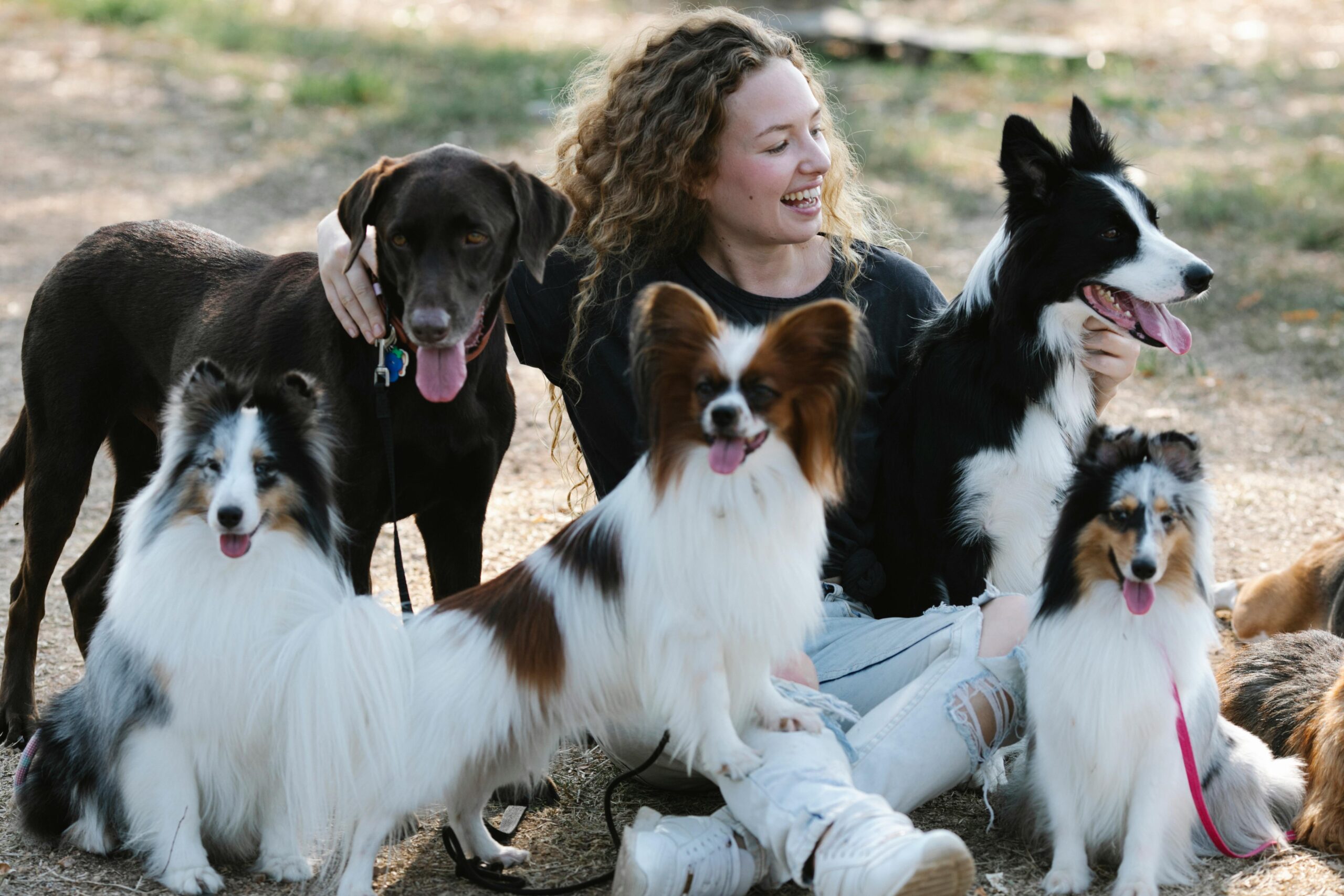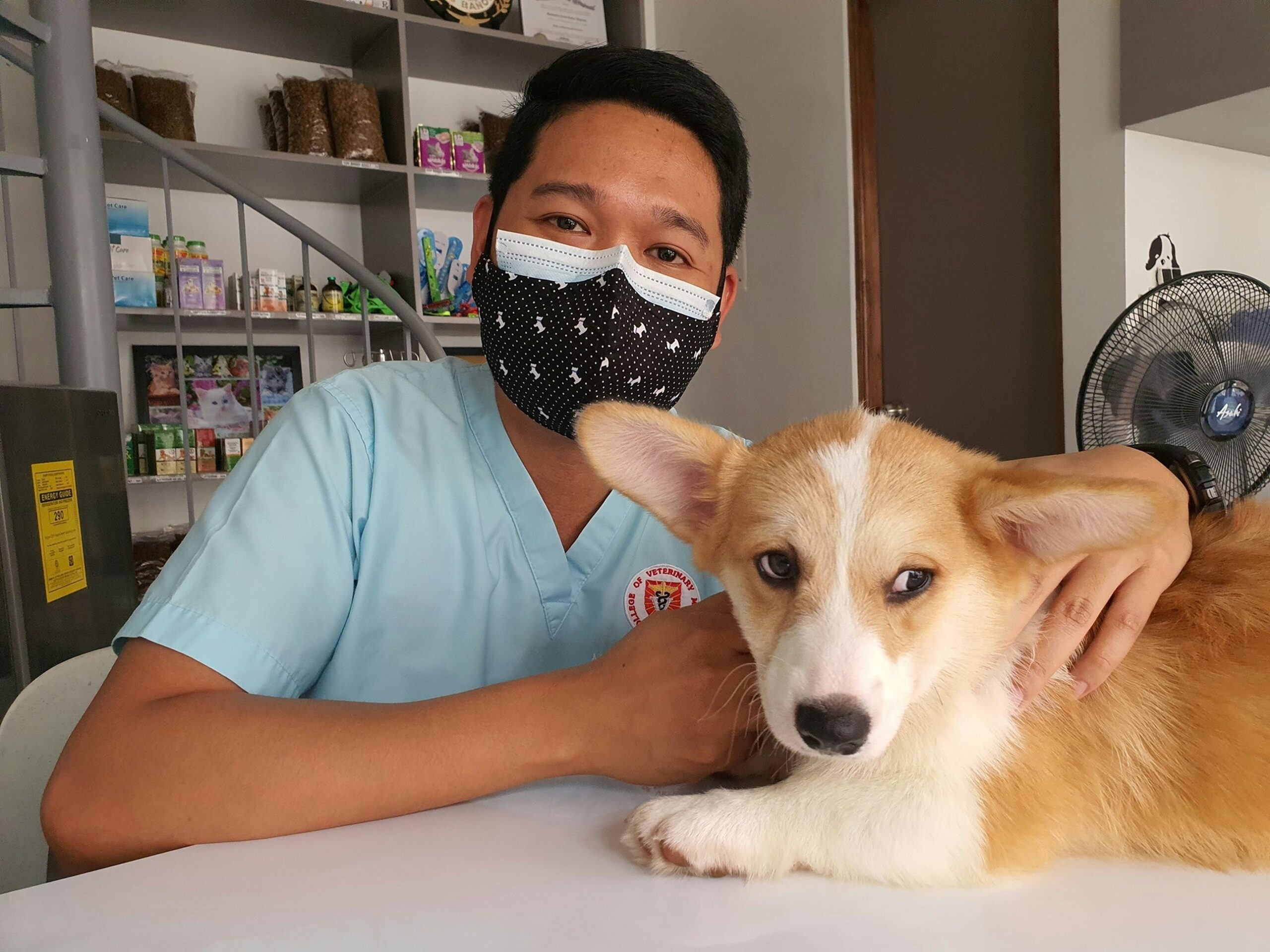A dog coughing can have many causes, ranging from mild infections to serious health conditions. Some causes are more common in young dogs, while others tend to affect older dogs. Understanding the type of cough and associated symptoms can help determine when veterinary care is needed.
Common Causes of Coughing in Dogs
Coughing in dogs can be caused by a variety of conditions, ranging from mild infections to more serious health concerns. Understanding the underlying cause is crucial for proper treatment. Below are some of the most common reasons why dogs develop a cough.
1. Kennel Cough (Infectious Tracheobronchitis)
Kennel cough is one of the most frequent causes of coughing in dogs, especially young, social dogs that have recently been around other animals. This highly contagious condition is caused by a combination of viruses and bacteria, most notably Bordetella bronchiseptica.
- Symptoms: A dry, hacking cough that often sounds like gagging or retching
- Transmission: Spread through airborne droplets in places like boarding facilities, dog parks, and shelters
- Severity: Usually mild, but can lead to pneumonia in some cases
- Treatment: Most cases resolve on their own within 7-10 days, but severe cases may require antibiotics or cough suppressants
2. Heartworm Disease
Heartworm disease is a serious condition caused by parasitic worms that live in the heart and lungs. It is spread through mosquito bites and is more common in warmer climates.
- Symptoms: Persistent cough, fatigue, difficulty breathing, and weight loss
- Diagnosis: Blood tests and imaging
- Treatment: A lengthy and expensive process that involves killing the worms gradually
- Prevention: Monthly heartworm prevention medication
3. Bronchitis and Pneumonia
Inflammation of the airways can occur due to infections, allergies, or environmental irritants.
- Allergic Bronchitis: Caused by allergens such as pollen, dust, or smoke
- Symptoms: Chronic cough, wheezing, and sometimes sneezing
- Treatment: Managing environmental triggers and using anti-inflammatory medications
- Infectious Tracheobronchitis: A bacterial or viral infection leading to airway inflammation
- Symptoms: A harsh, productive cough with nasal discharge
- Treatment: Antibiotics if bacterial, supportive care if viral
- Pneumonia: A more severe infection of the lungs caused by bacteria, viruses, or fungi
- Symptoms: Wet, productive cough, fever, lethargy, and difficulty breathing
- Treatment: Antibiotics, antifungal medications, or supportive oxygen therapy
4. Tracheal Collapse (Common in Small Breeds)
Tracheal collapse is a condition where the cartilage in the trachea weakens, leading to airway obstruction. It is most common in small-breed dogs like Yorkies, Pomeranians, and Chihuahuas.
- Symptoms: A distinct “honking” cough, especially during excitement or exertion
- Diagnosis: X-rays or fluoroscopy
- Treatment: Weight management, cough suppressants, anti-inflammatory medications, and in severe cases, surgery
5. Foreign Objects in the Airway
Dogs are naturally curious and often chew on small objects, which can sometimes get lodged in their throat or airway.
- Symptoms: Sudden, severe coughing, gagging, pawing at the mouth, or difficulty breathing
- Diagnosis: Emergency examination and imaging
- Treatment: Immediate veterinary intervention to remove the obstruction
6. Fungal Infections
Fungal infections affecting the lungs are more common in certain regions, such as areas with high moisture or where fungal spores are prevalent in the soil.
- Symptoms: Chronic cough, weight loss, fever, and lethargy
- Diagnosis: Blood tests, chest X-rays, and fungal cultures
- Treatment: Long-term antifungal medication
7. Congestive Heart Failure (More Common in Older Dogs)
When a dog’s heart struggles to pump blood efficiently, fluid can accumulate in the lungs, leading to coughing.
- Symptoms: Persistent cough, difficulty breathing, fatigue, and an enlarged abdomen
- Diagnosis: Chest X-rays, echocardiograms, and physical exams
- Treatment: Medications to reduce fluid buildup and support heart function
8. Lung Cancer
While less common, lung cancer can cause chronic coughing in dogs, especially older ones.
- Symptoms: Persistent cough, weight loss, lethargy, and sometimes blood-tinged mucus
- Diagnosis: X-rays, CT scans, and biopsies
- Treatment: Surgery, chemotherapy, or palliative care, depending on the stage of the disease
How Do Veterinarians Diagnose the Cause of Coughing?
Since coughing can be caused by a wide range of conditions, veterinarians use a combination of clinical exams, diagnostic tests, and imaging techniques to pinpoint the underlying issue.
Physical Examination
The first step is a thorough physical exam to assess the dog’s overall health. The veterinarian will listen to the heart and lungs with a stethoscope, check for nasal discharge, and observe the dog’s breathing patterns. Signs like wheezing, crackling sounds in the lungs, or a heart murmur can provide important clues.
Chest X-Rays (Radiographs)
X-rays are a key diagnostic tool for evaluating the lungs, trachea, and heart. They can reveal pneumonia, lung tumors, fluid buildup, or an enlarged heart, which might suggest heart disease.
Heartworm Testing
In areas where heartworm disease is common, a blood test is used to check for the presence of heartworm larvae. If positive, further imaging and tests may be required to assess the severity of the infection.
Airway Sampling (Transtracheal Wash or Bronchoalveolar Lavage)
If a bacterial or fungal infection is suspected, a veterinarian may collect a sample of mucus and cells from the airways using a procedure called a transtracheal wash or bronchoalveolar lavage. These samples are then examined under a microscope or cultured to identify infections.
Final Thoughts
Coughing in dogs isn’t something to brush off. While some causes are mild and resolve with time, others may point to serious underlying health concerns that require prompt treatment. Whether it’s a dry, gagging cough or a persistent, wet one, understanding the type, duration, and related symptoms can help you and your veterinarian get to the root of the problem.
If your dog’s cough doesn’t improve or is accompanied by other signs like lethargy or breathing difficulty, it’s time to consult your vet. With telehealth services, expert care is now more accessible than ever.






